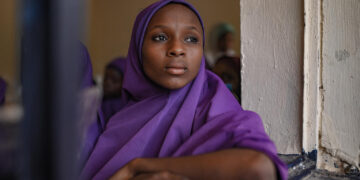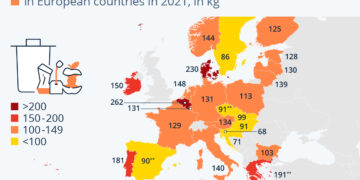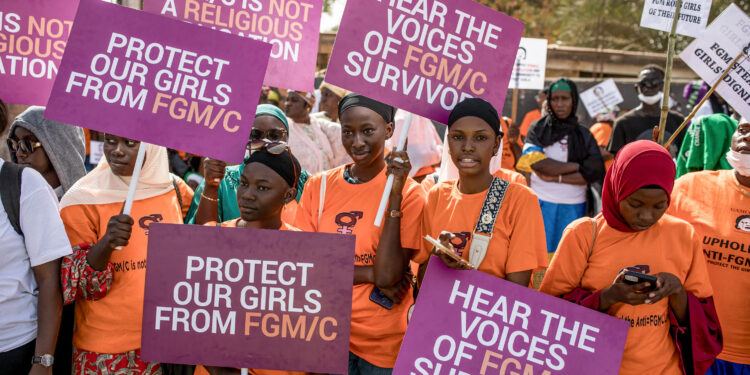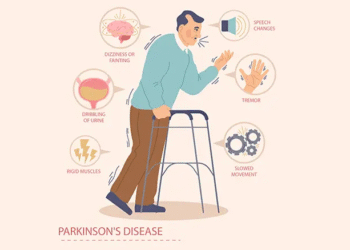In a significant move for women’s rights, Gambia has voted to maintain its ban on female genital mutilation (FGM), reaffirming the country’s commitment to protecting girls and women from this harmful practice.
The National Assembly of Gambia recently deliberated on potentially repealing the 2015 law that criminalized FGM. However, after careful consideration and debate, lawmakers ultimately decided to keep the ban in place, recognizing the importance of safeguarding women’s health and human rights.
FGM, which involves the partial or total removal of external female genitalia for non-medical reasons, has been recognized internationally as a violation of human rights. The World Health Organization (WHO) states that the practice has no health benefits and can cause severe bleeding, problems urinating, cysts, infections, and complications in childbirth[1].
Gambia’s original ban on FGM was enacted in 2015 under then-President Yahya Jammeh. The law stipulates that anyone found guilty of performing FGM can face up to three years in prison or a fine of 50,000 dalasi (approximately $1,000 USD)[2].
Despite the legal prohibition, FGM remains prevalent in Gambia. According to UNICEF data from 2018, about 76% of women and girls aged 15-49 in Gambia have undergone some form of FGM[3]. This high prevalence rate underscores the importance of maintaining legal measures against the practice while also addressing deeply rooted cultural beliefs.
The decision to uphold the ban has been welcomed by women’s rights activists and international organizations. Jaha Dukureh, a prominent Gambian activist and UN Women Goodwill Ambassador, has been at the forefront of efforts to end FGM in Gambia and across Africa. She expressed relief at the National Assembly’s decision, stating, “This reaffirmation of the ban sends a powerful message that Gambia is committed to protecting its girls and women”.
The reinforcement of the FGM ban in Gambia aligns with global efforts to eliminate the practice by 2030, as outlined in the United Nations Sustainable Development Goals[4]. However, experts emphasize that legislation alone is not enough to eradicate FGM. Comprehensive approaches involving education, community engagement, and economic empowerment are crucial for changing deeply ingrained cultural norms.
As Gambia moves forward with its commitment to ending FGM, the focus now turns to strengthening implementation of the law and supporting grassroots efforts to change attitudes and behaviors. The country’s decision serves as an important example in the region and reinforces the global movement to protect women’s rights and bodily autonomy.
References:
[1] World Health Organization. “Female Genital Mutilation.” WHO website.
[2] Reuters. “Gambia bans female genital mutilation.” (2015)
[3] UNICEF. “Female Genital Mutilation Country Profiles.” (2020)
[4] United Nations. “Sustainable Development Goals.” UN website.









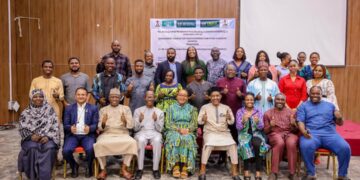








![Antimicrobial Resistance [AMR] in Hausa](https://healthtoday.com.ng/wp-content/uploads/2024/02/antimicrobial-resistance-AMR--360x180.jpeg)


